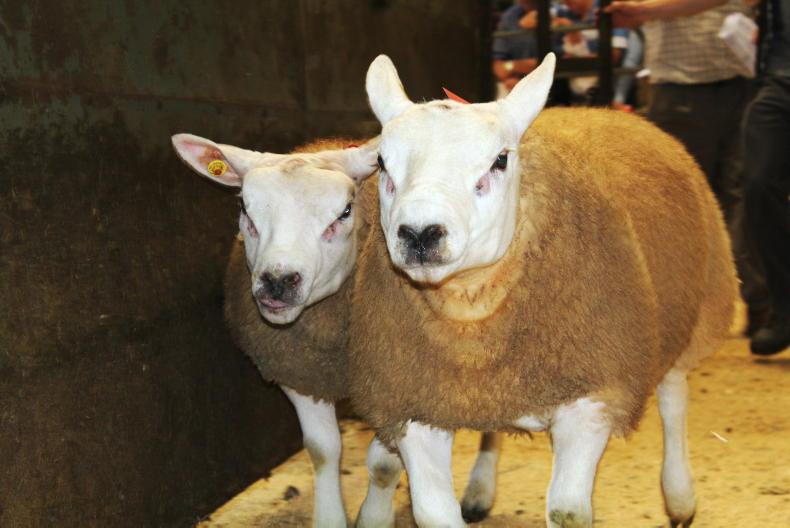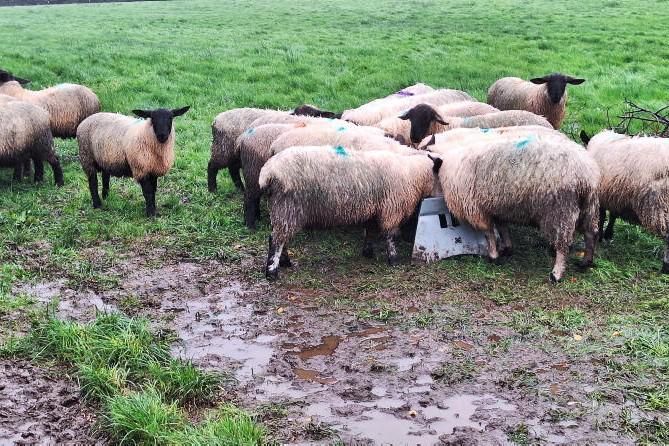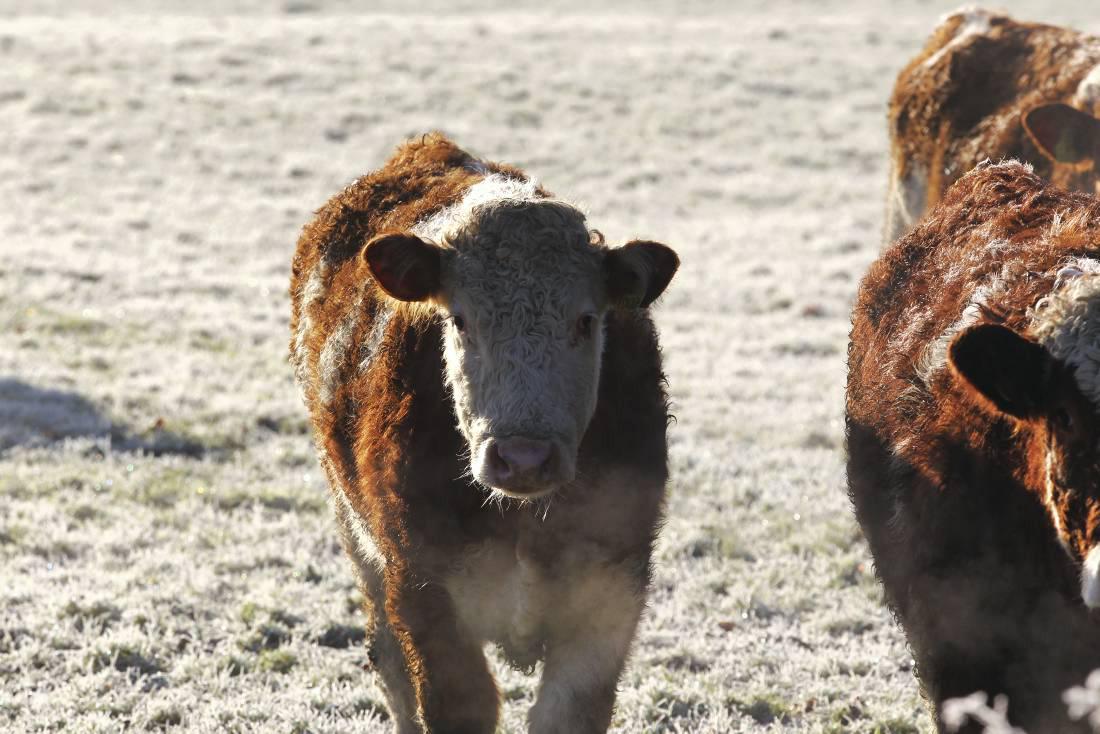Listeriosis caution: Listeriosis is commonly associated with feeding sheep poor quality or mouldy silage. Many farmers on heavier lands faced delays in harvesting silage in 2015, with poor ground conditions also increasing the risk of soil contamination for others. Feeding such silage should be avoided if at all possible. Listeriosis can also occur, despite feeding good-quality silage, with issues arising from bad pit face or bale management or where troughs are not cleaned out regularly and fresh silage is offered on top of uneaten silage that is spoiled or beginning to go mouldy.
Telltale signs are paralyses on one side of an animal’s face. This leads to an animal’s head generally being tilted to one side, with its ear dropped downwards and, in advanced cases, saliva dripping from its mouth due to an inability to chew or swallow. Animals are also unsteady on their feet and appear to propel themselves to one side, resulting in a circling motion due to paralyses. Early detection will influence the success of treatment and includes administering a course of antibiotics prescribed by a veterinary surgeon. Ewes in late pregnancy should be given glucose or glycerol supplements to maintain energy intake and prevent dehydration or twin lamb disease.
Weather and supplementation: Weather continues to present challenges across all systems, with poor ground conditions and low grass utilisation limiting performance of finishing lambs and increasing nutritional demands for out-wintered ewes entering late pregnancy. Some farmers have taken the decision to house forward store lambs in an attempt to improve performance.
Where lambs have been receiving high levels of meal feeding outdoors, this can be continued indoors. However, where feeding levels are being significantly increased, this should be carried out over a period of a week to 10 days to avoid digestive upsets. Access to fresh water is essential, while trough management and preventing meal accumulating and going stale is important to maximise intake.
It is also strongly impacting on farmers lambing at present and trying to turn out ewes and lambs to grass. Page 11 of this week’s lambing supplement details advice to overcome these challenges and gives guideline supplementation rates to ensure ewe milk yield is not compromised.
Lambing aids: It is worth reviewing your lambing supplies and replacing any items required. Lubricant is an aid many farmers often dismiss in place of washing-up or a similar liquid. Note, however, that washing-up liquid actually ties up moisture in the process of making suds and is therefore not recommended in aiding difficult deliveries.
Teagasc hill sheep conference: The conference takes place next Wednesday, 17 February, in Jacksons Hotel, Ballybofey, Co Donegal. See page nine of this week’s lambing supplement for a full outline of topics.
Lambing help: Last week’s call for farmers seeking lambing help from students was mostly unsuccessful, with more farmers looking for help emailing but only a low number of students expressing an interest in gaining experience. We will continue to pass on names of farmers to students seeking experience and those interested should email dcarty@farmersjournal.ie.










SHARING OPTIONS